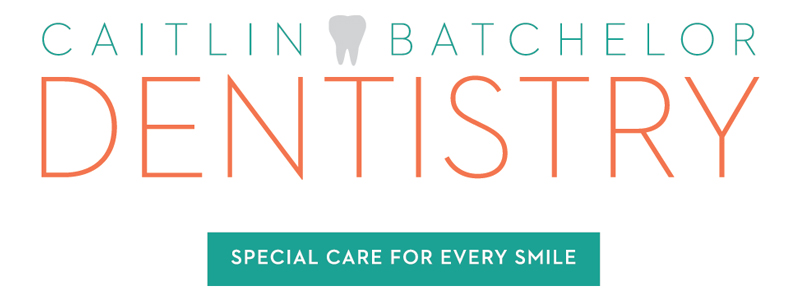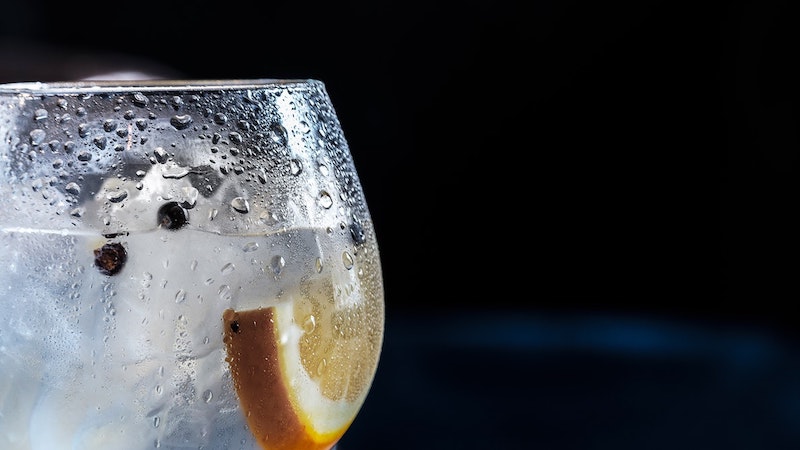6 Things You Should Never Do with Your Teeth
Your teeth are pretty amazing. Sometimes, they’re even a little incredible...
In 1990, Walter Arfeuille lifted 620-pound weights 6 inches off the ground...using nothing but his teeth. In 2017, Erendira Wallenda wowed the world with an “iron jaw” stunt, dangling from her teeth 300 feet above Niagara Falls. And one man (nicknamed “tug tooth”) set a record for pulling a 677-ton cargo ship with his teeth!
These daredevil acts are certainly jaw dropping. But as amazing as they sound, they’re best left untested. Your teeth are not impervious to damage and it may surprise you to learn that even common everyday habits can cause major damage to your pearly whites.
Let’s take a look.
Using your teeth as a tool
Your teeth are meant for chewing and eating. That’s it.
Teeth aren’t built-in tools for opening bottles, cutting fishing line, or tearing chip bags. They also shouldn’t be used as a 3rd hand to hold pencils, eyeglasses, sewing needles, or hair pins. These activities can crack, chip, and wear down your teeth. They’re also dangerous to your gums.
In a worst case scenario (and trust me, I see it all of the time!), using your teeth to open or hold items can cause permanent damage to the point of needing crowns, veneers, fillings, or even dental implants.
If you’re a parent, it’s especially important to pay attention to what your children chew on and put in their mouths. Damage to those little baby teeth can affect the health of their gums and jawbone, as well as ruin the alignment of their adult teeth.
Crunch carelessly on hard foods
The white enamel covering your teeth is the hardest substance in the human body. But it’s not invincible. You need to be careful about how hard you chomp down on certain foods. A hard piece of food combined with the pressure of your jaw and you risk chips, cracks, or even a complete tooth fracture!
Be especially careful when eating…
Popcorn
Fruits with a pit (cherries, peaches, etc.)
Olives
Nuts
Seeds
Keep in mind that tooth fractures usually develop over time, often starting as a small chip or crack that you don’t even notice. Then during a carefree evening at the movies you’ll chomp down too hard on a popcorn kernel and...well, fracturing your tooth doesn’t feel good.
Here at Bachelor Dentistry, we try to help our patients prevent tooth fractures. During your regular dental checkups and x-rays, we’ll keep an eye out for cracks, chips, weak tooth enamel, and other potential problem areas. If we notice an issue, we can discuss ways to address these small problems and prevent them from getting worse.
Additionally, if you do end up fracturing your tooth, my team and I are here to provide emergency dental help and relief. Just give us a call and we’ll get you feeling better right away.
Gnaw on fingernails
Everyone has a nervous habit they wish they could quit. Some are no big deal — like pacing or fidgeting. Others, like smoking, are obviously very dangerous to your health. But did you know that a habit as seemingly harmless as biting your fingernails can put you at risk?
Everytime you gnaw on your nails, you’re exposing your teeth and gums to germs and dirt that live under and around your nails. These germs can potentially infect or cause irritation. The bacteria on your fingers or nails can also hang around in your mouth and cause halitosis (bad breath).
That’s not all. Regularly biting your nails can also cause your teeth to shift out of place. Crooked teeth do more than affect your appearance, they expose you to greater risk of bacteria growth, disease, and cavities.
Chew on ice
Do you enjoy munching on the ice left at the bottom of your drink? There’s a term for that — it’s called pica, and it’s a condition where you crave and chew on items that have little to no nutritional value. Ice is the most common form of pica and most everyone has chewed on an ice cube at least a couple times during their life.
Some people chew ice to find relief for a dry mouth, to help quit smoking, for stress relief, or even just boredom. But if you have a compulsive desire to chew on ice, you might actually be suffering from a condition called pagophagia. Pagophagia can be a symptom of anemia, particularly iron deficiency anemia.
If you compulsively chew on ice and can’t stop, make sure to talk with your physician. You should also schedule an appointment with your dentist to evaluate your dental health. Chewing on ice can cause big problems for your dental health, including…
Cracked and chipped teeth
Damage to your tooth enamel
Problems with existing dental work (like fillings, crowns, and TMJ)
Tooth sensitivity
Clench and grind your teeth
When you’re under a lot of pressure or feeling stress, you may end up taking it out on your mouth. This could be clenching your jaw, grinding your teeth, or even chewing on your cheek or lips. Many people who take out their stress on their mouth don’t even realize they’re doing it!
All these things are dangerous to your dental health and can hurt your lifestyle, too.
Clenching can lead to TMJ, causing a lot of pain in your jaw, creating a popping noise every time you open your mouth, and inspiring chronic headaches and poor sleep. Tooth grinding will slowly wear away your enamel and can also lead to gum recession and gum disease.
Pay attention to all these symptoms. If you’re dealing with a tight jaw or realize you’re grinding your teeth at night, visit your dentist right away to get help.
Brush with anything other than a soft toothbrush and FDA-approved toothpaste
I’ve talked about the dangers of using a hard toothbrush before, so I’ll keep this short and simple: Always use a SOFT toothbrush. It’s all you need to keep your teeth clean.
Additionally, be careful of toothpaste and dental cleaning/whitening health trends. Things like charcoal toothpaste, probiotic toothpaste, oil pulling, or fluoride-free toothpaste may have negative effects on health of your teeth. If you want to switch up your dental hygiene tools, always be sure to discuss it with your dentist first.
What should you do with your teeth? Get them examined twice a year.
Visiting your dentist every 6 months for a dental exam and cleaning is the best thing you can do for your teeth. Our Harrisonburg dental team is your partner in keeping your teeth strong, healthy, and beautiful.
Schedule an appointment with our team today and let us know how we can help!

Dr. Caitlin Batchelor
Dr. Caitlin Batchelor earned her Doctor of Dental Surgery degree from Virginia Commonwealth University’s Medical College of Virginia. She later completed a 2-year postgraduate General Practice Residency at Wake Forest University Medical Center. Since joining this practice in 2013, Dr. Batchelor has been committed to providing individualized dental care to the specific needs and desires of her patients, taking the whole person and their unique qualities into consideration.




